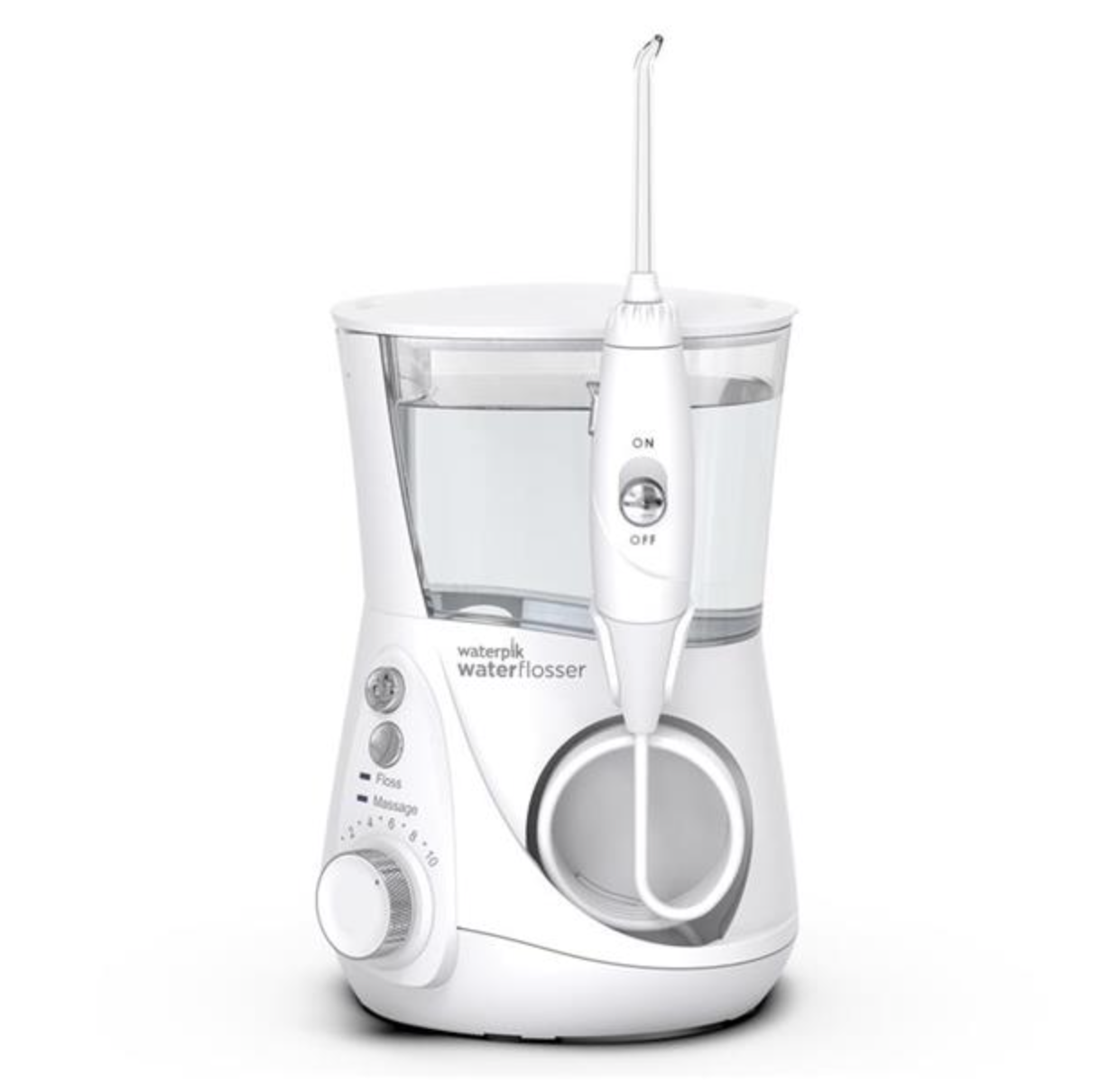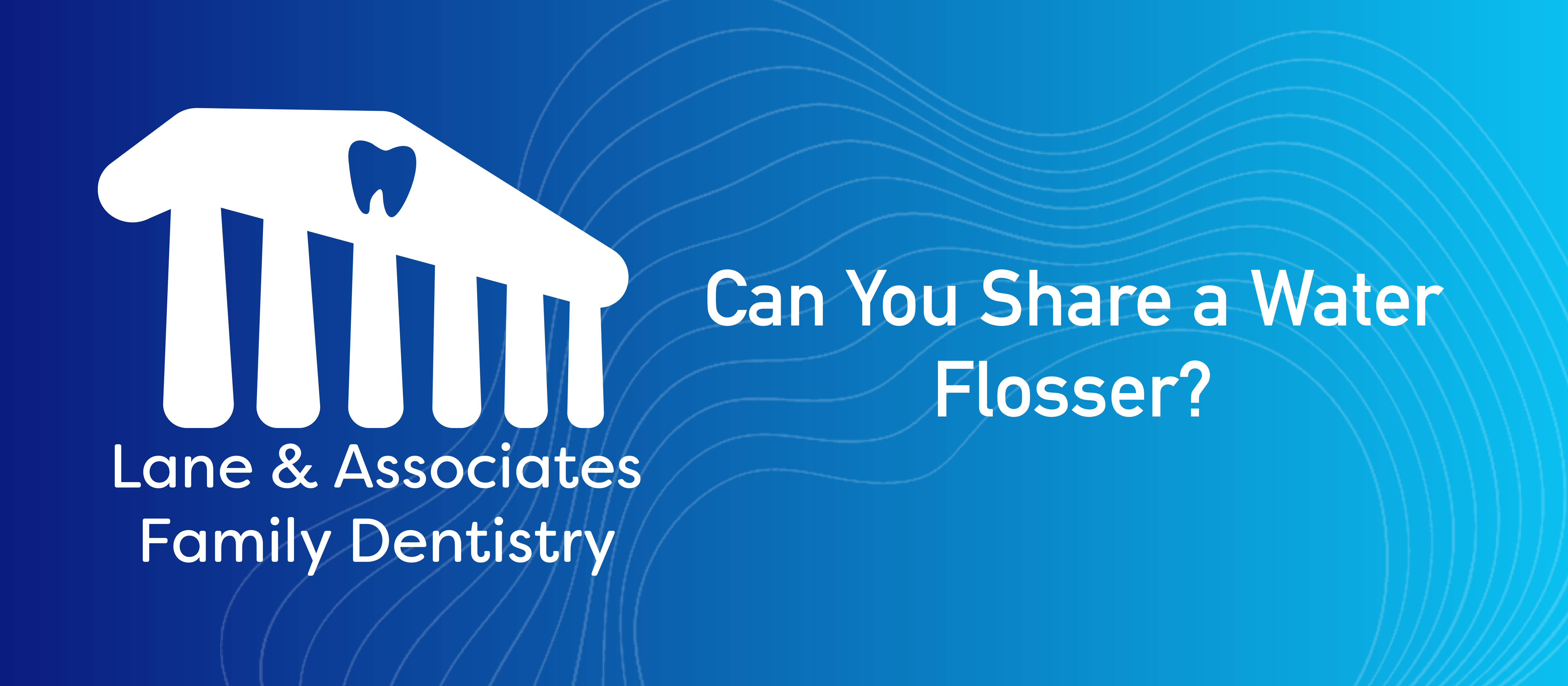A water flosser is a device that uses a stream of water to clean between teeth and along the gum line. They have become increasingly popular as an alternative to traditional flossing, but many people are unsure if it is safe to share a water flosser.

While it can be ok to share a water flosser between two people, there are risks involved if done incorrectly. This article will examine the benefits of water flossing, considerations when sharing a water flosser, and guidelines for proper cleaning and maintenance.
Benefits of Using a Water Flosser
- Improved Oral Hygiene: Water flossing has been shown to remove plaque and food particles from between teeth and along the gum line, leading to improved oral hygiene.
- Convenient and Easy to Use: Water flossers are simple to operate and can be a convenient alternative to traditional flossing, particularly for those with mobility issues or braces.
- Effective Removal of Plaque and Food Particles: The high-pressure stream of water in a water flosser is effective at removing plaque and food particles that can contribute to tooth decay and gum disease.
Considerations When Sharing a Water Flosser
Before sharing a water flosser, it’s important to consider:
- Using Interchangeable Tips: Some water flossers have interchangeable tips, which can be used by multiple people. However, it’s important to consider the risk of spreading bacteria, viruses, or other pathogens.
- Cost and Availability of Multiple Water Flossers: Sharing a water flosser may not be cost-effective or practical, especially if multiple people need to use it.
How to Properly Clean and Maintain a Shared Water Flosser
- Recommended Cleaning Frequency: It’s recommended to clean the water flosser after each use to maintain hygiene and cleanliness.
- Steps for Cleaning the Device: Use warm water and a mild dish soap to clean the water tank and nozzle. Rinse thoroughly and air-dry.
- Replacing the Tips and Nozzles: Over time, the tips and nozzles of the water flosser can become worn or contaminated, so it’s important to replace them regularly to maintain hygiene and performance.
Alternative Options for Oral Hygiene
If sharing a water flosser is not feasible or desirable, there are other oral hygiene methods to consider, such as:
- Individual Water Flossers: Each person can have their own water flosser to ensure proper hygiene and avoid the spread of disease.
- Interdental Brushes: Interdental brushes are small, cone-shaped brushes that can be used to clean between teeth.
- Traditional Flossing: Traditional flossing remains an effective way to remove plaque and food particles from between teeth.
Conclusion
In conclusion, sharing a water flosser may not be the best choice due to the risk of spreading infection and the importance of maintaining hygiene and cleanliness. Proper cleaning and maintenance of a shared water flosser are critical for ensuring its effectiveness and safety. If sharing is not an option, there are other methods of oral hygiene to consider. In any case, it’s important to maintain good oral hygiene to protect your overall health.
Contact Lane and Associates Today
If you think that a water flosser could be a good alternative to flossing for you, consult with the dentists at Lane and Associates Family Dentistry. We can help you find the best oral hygiene method for your needs. Contact us today to schedule an appointment!


